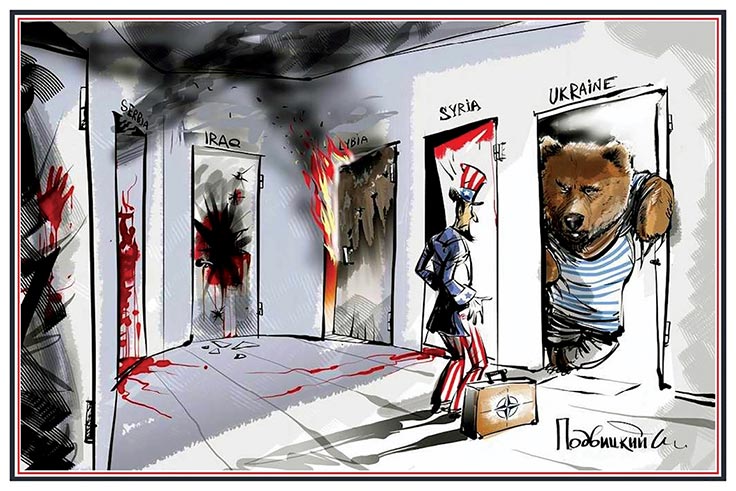I ordinarily don’t like to watch long videos, especially ones based on talking heads like this one. I’m hard of hearing, I don’t always catch everything that’s said, and I don’t see any point in watching a video that’s more than an hour long when I could read a transcript in 15 minutes.
This one is an exception. It held my attention to the end. Even if I had watched only 20 or so minutes of it, I would have gotten something out of it.
The two characters, the dissident artist Ai Weiwei and the whistle-blower Edward Snowden, are people I admire. They’re in exile for telling truths that their governments want to be hidden.
Neither one is an adherent of a particular political ideology, whether of the so-called left or so-called right. They simply have strong senses of right and wrong, and a belief they have a duty to defy unjust authority.
They talk about the reasons for even trying to defy authority when it seems so powerful to crush any form of defiance. They talk about why so many people agree about what’s wrong, but feel helpless to resist.
Snowden in particular resisted the notion that there is anything special about him. There are no heroes, he said – that is, nobody who consistently acts without fear. There are only people who occasionally make a heroic devision.
What was special about himself, he said, is that he was one of the few people in the CIA / NSA surveillance apparatus who had a full picture of the illegal surveillance program, who were in a position to collect the information, who knew how to get the information out of the building, and who knew home to escape capture while getting the information to the press.
He said he overlooked much wrongdoing before he made the decision to leak the information did, and had been hoping somebody else would leak the information about illegal surveillance.
One of the arguments he gets is that there is a duty to obey the law, even when you think the law is unjust. If everyone decided for themselves whether to obey any particular law, the result would be anarchy.
The answer to that argument is that lawmakers and rule makers have no legitimate authority if they are not accountable in some way to the public. The rule of law should mean that everybody, including kings, presidents and secret agents, are subject to the law.
Ai Weiwei said it is hard to think independently because the various social systems – in China, the USA and other countries – are designed to discourage independent thinking. As students, young people learn they must absorb information from authoritative sources. As employees, people learn they must please bosses and customers. As consumers, they learn to choose among what is provided for them.
To break away from this, and think for yourself, he said, is to enter a long, dark tunnel. There is no freedom without struggle, Ai Weiwei said.
One reason for hope, he said, is the use of the Internet and social media. These things can be means of social control, but they also can be means for widely-separated individuals to freely share ideas and information.
 Ai Weiwei is a well-known Chinese artist. His father, Ai Qing, was a well-known Chinese poet. Between them, their lives cover a century of Chinese cultural history.
Ai Weiwei is a well-known Chinese artist. His father, Ai Qing, was a well-known Chinese poet. Between them, their lives cover a century of Chinese cultural history.
























